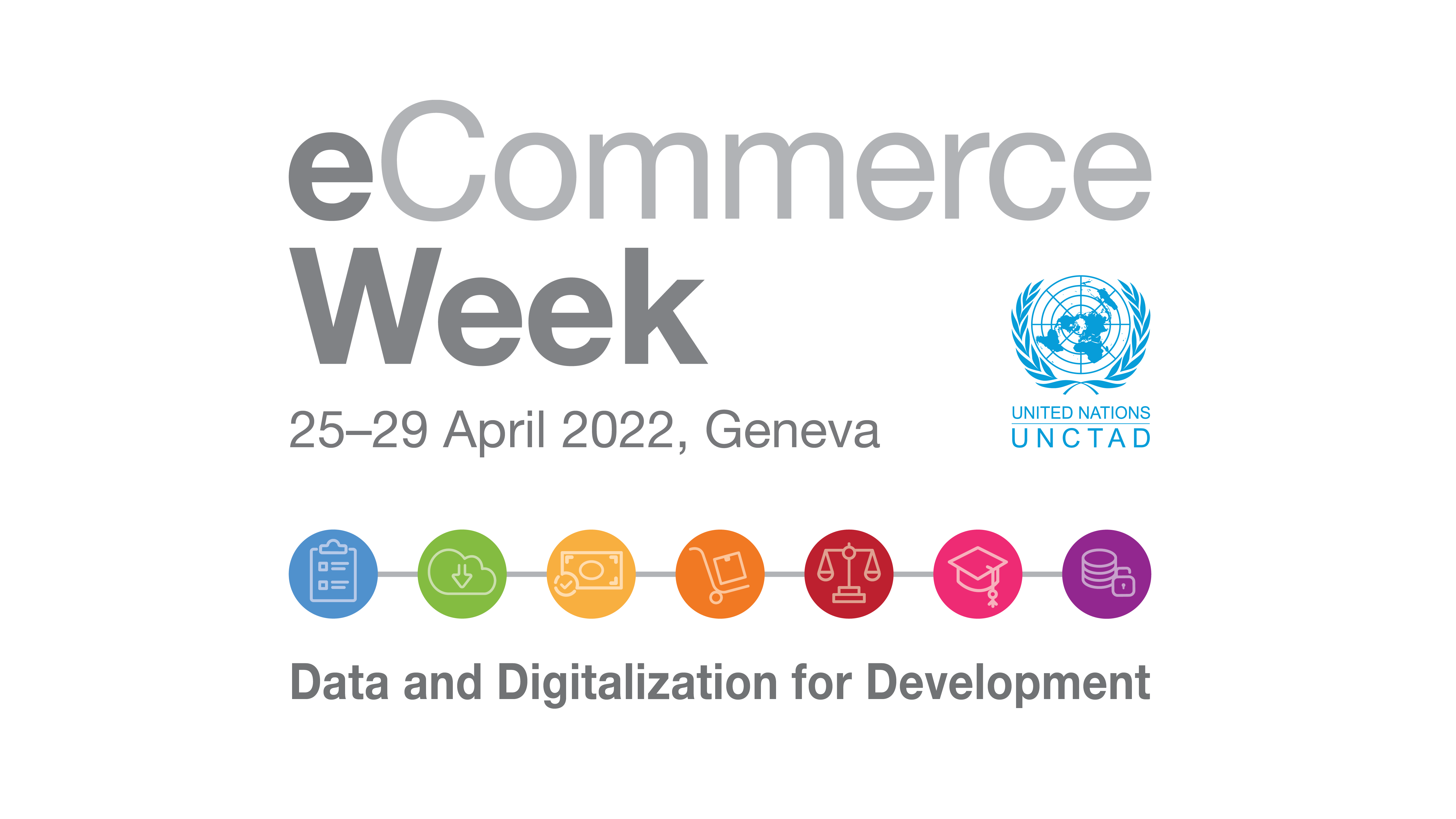The data divide in digital trade: Are trade rules up to the challenge?
29 Apr 2022 10:00h - 11:00h
Event report
The purpose of this session was to discuss the role of digital trade rules and domestic policy options in bridging the data divide. During the session, different stakeholders presented perspectives on the relevance of international trade rules and institutions to the data divide.
The data divide refers to those who have access to and those who do not have access to large distributed data sets, stated Mr Andrew Mitchell (Professor; Associate Dean (Research), Monash University). The inequalities that result from this data divide are shaped by a multitude of concerns related to data access, knowledge, management skills, experience in use, and technological capabilities. Trade agreements can address the divide in important ways. They can promote a common framework in digital trade policies and promote cooperation on digital technologies.
One of the biggest challenges countries face is establishing state-of-the-art digital architecture to enable digital divide flows and trade. This issue is intensified by the lack of an ethical framework and the absence of a common holistic data policy that would promote cross-border data flows between countries. Moreover, an ever-increasing regulatory environment poses difficulties in compliance for businesses within developing countries, explained Mr Syed Iftikhar Hussain Shah (Digital Research Director, Digital Cooperation Organization (DCO)).
Chile has very actively participated in negotiations on digital trade in international trade agreement discussions, including at the International Institute for Sustainable Development (GSI); in particular, for Chile, digital economy partnership agreements have been vital. Mr Piero Guasta (Advisor, Chile) explained that for a small country like Chile, the primary purpose for participation in these negotiations is to promote its SMEs, for which data enables startups and promotes overall development and innovation for other businesses. Being part of these agreements makes it easier for companies to enter new markets. Chile is a very open economy and the idea is to expand the market and include new disciplines that promote access to new data and new technologies. His main message, however, was that the promotion of other partners, in addition to Chile, to join forces and advance is important.
In relation to the data divide and its incorporation in trade agreements, and to whether digital trade chapters can fill the gap, Guasta said that Chile has been including specific chapters to reduce gaps; for instance, regarding issues related to women, indigenous people, and SMEs. He emphasised that we need to coordinate better, to talk to each other better regarding the agreements, and to make it easier for academics and civil society to see that provisions that are not in particular chapters may help to bridge the gap. He emphasised that for Chile, data localisation articles help to reduce the gap.
Mr Jared Ragland (Senior Director, Policy – APAC, BSA | The Software Alliance) elaborated on the main challenges of BSA in the digital divide, especially in the developing world. These challenges lie in infrastructural areas, and areas of talent and policy. Regarding infrastructure, Ragland stated that connectivity is a major obstacle. However, a lack of talent is an issue that still needs to be addressed by enhancing education and retraining workers. On policy questions, he stressed a lack of consistency and lack of maturity. Ragland considered the question of whether data-driven sectors in developing countries could benefit from binding rules in trade agreements and the rules that would promote businesses, especially digital SMEs in developing countries. He said binding digital trade rules are a necessary new generation component of digital architecture.
Ms Neha Mishra (Lecturer, ANU College of Law, ANU College of Law, Australian National University) presented the issue of whether existing international trade agreements, especially e-commerce chapters in digital trade agreements, currently deal with issues of the data divide. In Mishra’s view, the digital divide is multidimensional, with many social, political, and economic aspects. If we think of trade agreements and the role they can play, she said, they cannot address all aspects related to the data divide. However, Mishra stressed that more can be done to address issues more comprehensively, holistically and effectively. Although certain issues have been addressed, such as trade facilitation, single electronic windows, e-signatures, and e-payments, our considerations regarding the data driven economy of cost-policy interventions need to be broad. Developing countries should think about digital domestic economies in a manner best suited to their national, economic, and political circumstances while at the same time meaningfully participating in a global economy that brings benefits to their populations.
Shah spoke about different policy solutions to deal with some of the challenges of the data divide. He stressed the importance of a multilateral, collaborative approach to formulate policies if we are to consider challenges around the data divide, and that is explicitly what DCO is set up to achieve. He emphasised that it is crucial to understand policy and regulatory frameworks. He elaborated on the work and initiatives of DCO in this regard.
By Kristina Hojstricova
Related topics
Related event

